Closing costs are one of the least well-understood components of selling your house in Philadelphia, and they tend to eat into the profits rapidly. Let’s go over what Philadelphia home sellers should know about closing expenses to get a better understanding of how things will operate for you once your home is sold.
What Are Closing Costs?
While the name doesn’t provide many details, it does provide an excellent summary of what’s going on: Closing costs are fees paid to complete the sale of a property and transfer ownership from the seller to the buyer.
Both the buyer and the seller are responsible for their own set of closing expenses, however as the seller, you should expect your closing costs to be between 6 and 10% of the total sales price of your home. As you can see, it makes a significant dent in the proceeds of your home sale.
If you’re selling your house in Philadelphia own, make sure you’re informed of any additional expenses before you sign the contract. If you use the services of a real estate agent, they should go through projected charges with you well ahead of time so that you are financially prepared for closing.
Additionally, your agent will cover the details of your closing costs when looking at adjusting your home’s listing price.
How Are They Divided Up?
The closing costs associated with selling your house in Philadelphia are very different from buying a home.
Sales taxes, title insurance, and title transfer are all covered by the seller’s closing costs. The seller pays the commissions of both buyer and seller real estate agents, which usually accounts for the majority of this amount. It’s common for both purchasers and home sellers to believe that they are responsible for their own agent’s commissions, but traditionally, the seller is the one who is paying for both.
This is a point that can be worked out during negotiation, and a seller with decent leverage should be willing to press this issue with little worry.

Can They Be Avoided Entirely?
One of the most frequently asked questions concerning closing fees is whether there is a way to avoid them entirely. While you may be able to avoid some of them, it is unlikely that you will be able to avoid them entirely.
Given the current home sellers market, you may utilise the buyer’s willingness to pay closing fees as a bargaining tool. As a result, you may offer to reduce the price of your property by a small amount, but not less than the savings from not having to pay closing fees.
This may appear to be a ridiculous action, but keep in mind that the buyer is most likely under extreme pressure to make a decision quickly. When buyers are so focused on the closing price of the home, a little give and take may allow you to avoid a substantial portion of your closing costs as the seller.
Depending on where you live, the seller may be legally required to pay the portion of these costs that are related to taxes.
Additional Considerations
Finally, all home sellers need to remember the amount of money they have spent on fulfilling repair and maintenance concessions in order to make it to closing.
It’s easy to overlook the fact that those money have eaten into your overall house selling income. You will also have to pay off the remainder of your existing mortgage to be free and clear of the house for good, unless you have already paid it off.
Home sellers have a tendency to lose sight of these details while getting caught up in the big picture.
Help Understanding Closing Costs When Selling in Philadelphia
If you’re considering selling your house in Philadelphia and need help understanding closing costs, contact us today at (215) 385-3055!
![5 Trends to Help You to Sell Your House in [market_city] in 2022](https://image-cdn.carrot.com/uploads/sites/37401/2021/06/Screenshot_2.jpg)

Very informative. Thank you for sharing this article, its really helpful!